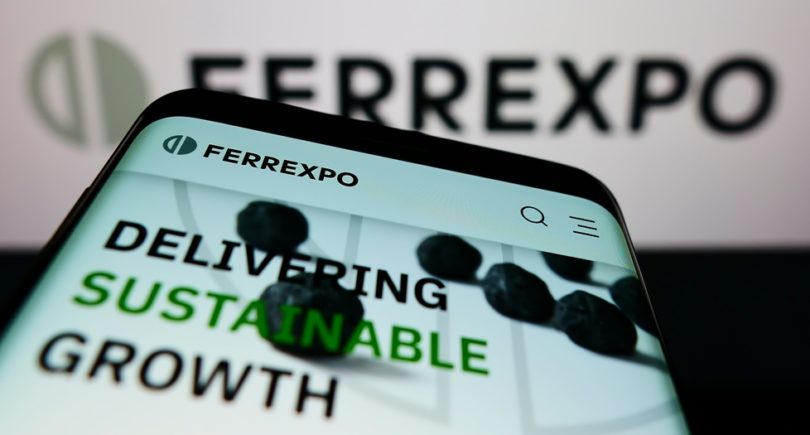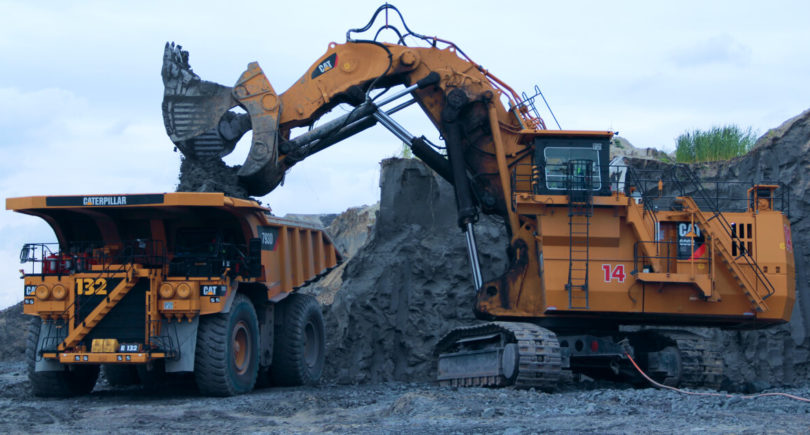
The implementation of the project involves stopping the current production system based on the blast furnace
Swedish steel company SSAB has decided to build a modern, environmentally friendly mini-mill in Luleå, Sweden. This is stated in the company’s press release.
The project involves shutting down the current blast furnace-based production system. This will reduce CO2 emissions in Sweden by 7% in addition to the 3% achieved through the conversion of the Oxelosund plant.
The capacity of the future production complex is estimated at 2.5 million tons of steel per year. The plant will be equipped with two electric arc furnaces, a modern finishing system, a hot rolling mill for SSAB’s specialty products, and a cold rolling mill to serve automotive manufacturers.
The new plant will be supplied with raw materials consisting of fossil-free sponge iron from Hybrit’s demonstration plant in Gällivare and recycled scrap.
“The transformation of Luleå is a major step on our journey to fossil-free steel production. We will remove 7% of Sweden’s carbon dioxide emissions, strengthen our competitive position and safeguard jobs with the most cost-effective and sustainable strip production in Europe,” says SSAB’s President and CEO Martin Lindqvist.
The total investment in the construction of the mini-plant is estimated at €4.5 billion. By doing so, the company avoids the €2 billion investment that would have been required in the existing blast furnace-based production equipment over the next 10 years. The company will finance the construction with its own cash flows.
The new mini-smelting plant will have a better cost position due to lower fixed costs, higher efficiency, shorter lead times and no CO2 emission costs.
The new complex is scheduled to be launched in late 2028 and reach full capacity a year later. Environmental permits are expected to be obtained by the end of 2024.
In late 2023, SSAB began construction of an electric arc furnace (EAF) in Åkselehusund. The company intends to transform its entire production system in Northern Europe by 2023. Investments in the EAF in Ökselesund and related raw material processing will amount to about $600 million.



